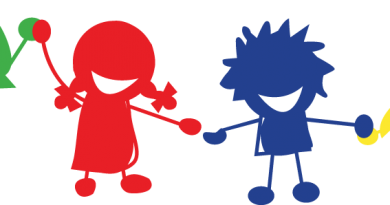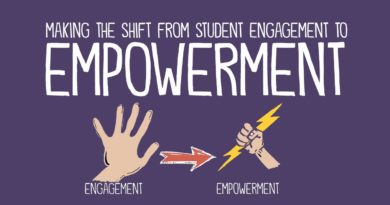SIMPLE GAMES AND ENGLISH PRACTICE: A WINNING HORSE.
“Play is the highest form of research.” ~ Albert Einstein
It is widely accepted in the field of Foreign Language Teaching (FLT), that the knowledge of lexical items gives evidence of progress and permits communication at a basic level. Undoubtedly, the development of our learners’ lexical competence is an indispensable premise for the attainment of a certain degree of communicative competence, which is the final aim according to modern curricula.
Games and playful activities should be at the heart of the FLL process in primary education, since they are in children´s nature. This implies that any game entails an intrinsic engaging power, as long as it is adapted to our learners´ characteristics. In this sense, it is widely accepted that games provide stimulation, variety, interest and motivation; and also that they contribute to create positive attitudes towards learning English in a non-threatening environment. Consequently, they should be a weighty and integrated part of the FL programming.
There are plenty of advantages in the use of games to practise English in contextualized situations. Amongst others, we may mention that they: provide “hidden practice”, improve their attention span, encourage active participation and communication (as they create a need to communicate), motivate and improve the four skills, develop their creativity, etc.
Some games to practise vocabulary may be:
“I went to the market and I saw…” in which learners have to remember and repeat a set of items in the correct order. The child or pair who remembers more vocabulary items shall be the winner.
“Monkey” is a creative writing game where each group has to write a letter in turns, until a word is completed. Every time a group cannot go on writing gets a letter of “Monkey”; and the winner is the last group to complete this word. Obviously, it is the teacher´s task to promote healthy competition and let them see that “a game is only a game”.
“Feely bag game” is ideal to practise vocabulary food in an oral way. This game only requires a black bag and some toy food. Within their groups, children in turn put their hands in the bag, feel one of the objects and guess what it is (i.e. “I think it´s a banana”.
“Cops and robbers” is a competitive action game in which students are organized in two groups of cops and robbers in opposite sides of the class. The teacher places some flashcards nearer to the robbers; the teacher calls out one of the flashcards and nominates a cop and a robber; then the robber has to run and pick up the card before the cop can arrest him/her.
“Fruit salad” is specially designed to work on this topic. With children in a circle, each child is assigned one or two different names; then, when the teacher calls out their names i.e. pineapples!, all children who have been assigned that word have to change sits.
“Hungry crocodile” is a variation of the popular “hangman”. Instead of being hung, every time a team does not guess a letter they have to “jump to the next stone”. At the other side of the river, a hungry crocodile is waiting for those who do not complete the word.
“Memory cards” is specially indicated to develop special-visual intelligence. This game is played in pairs and we need pair cards related to any topic. The cards are displayed on the table face down. In turns, a student picks two cards and says the names aloud. If they make a pair, he/she can keep the cards, otherwise they will be placed in its original position.
On the other hand, communicative games promote real communication in contextualized situations. Some proposals may be:
An adaptation of the “who is who” game in which we replace characters with food items; hence we may call the game “guess my favourite food”. In pairs or small groups, a child thinks of a favourite food and the rest of pupils make questions to guess his/her preferences (i.e. is it yellow, do monkeys like it?, etc). In order to cater for diversity, we can provide them with the chance to be guided in their questions by a multiple option questions chart.
Classroom market is an example of role-play in which the classroom is transformed into set of stalls and students interact assuming the roles of customers and shop keepers. In this game, children ask for and give things, say prices and use polite conventions. The materials required are: realia (i.e. plastic fruits and vegetables, paper money, etc). Once children have been assigned their roles (customers or shopkeepers), the pre-activity consists of making a shopping list (customers) and deciding the prices for each object (shopkeepers). Then, customers in pairs have to do the shopping in a time limit. Finally, customers report to the rest of the class the things they have bought and how much money they have left; and shopkeepers can tell other children how much money they earned.
As we have seen, games provide opportunities for FL practice in contextualized and meaningful situations; therefore, they should be regarded as an integral part of the FL syllabus. Apart from the linguistic benefits in the use of games for FL teaching and learning, one of the most important reasons for using games is simply that they are immensely enjoyable for children. This undeniable fact represents the cornerstone for success in teaching languages in primary education. Finally, it is worth considering that games provide a relaxed atmosphere which is crucial for children to take the risk and use the FL to communicate.
Video by Kevin & Steve




